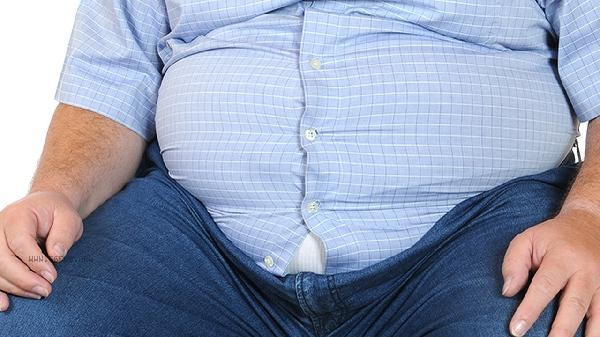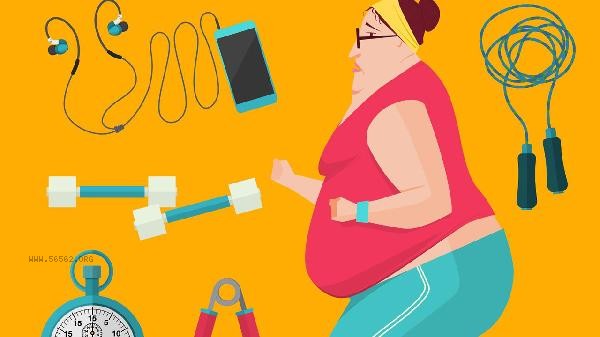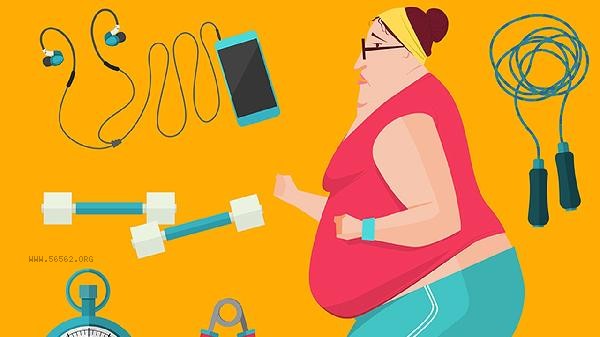Drinking fruit and vegetable juice in the morning may help with weight loss, but it needs to be combined with dietary control and exercise to achieve the desired effect. Fruit and vegetable juice is rich in dietary fiber and vitamins, which can increase satiety and promote metabolism, but relying solely on fruit and vegetable juice may lead to nutritional imbalance. The dietary fiber in fruit and vegetable juices can slow down gastric emptying, reduce subsequent food intake, and help control calorie intake throughout the day. Fresh vegetables and fruits can retain some minerals such as vitamin C and potassium after juicing, which helps regulate electrolyte balance in the body. Choose fruit and vegetable juices made from low sugar vegetables such as cucumber, celery, and broccoli, which typically have less than 100 calories and are suitable as a substitute for high calorie breakfast drinks. Retaining fruit residue during production can increase dietary fiber content and enhance intestinal peristalsis function. Be careful to avoid adding sugar or honey to prevent additional calories from offsetting the weight loss effect. Long term consumption of only fruit and vegetable juice may lead to insufficient intake of protein and healthy fats, causing muscle loss and decreased metabolic rate. Juice made from some high sugar fruits such as mangoes and lychees has a higher sugar content, and excessive consumption can actually increase calorie intake. People with weak gastrointestinal function who drink on an empty stomach may stimulate the gastric mucosa, leading to acid reflux or bloating. Commercial fruit and vegetable juices may contain additives or concentration reduction processes, and their nutritional value is much lower than freshly squeezed fruit juices. Patients with diabetes and those with hypoglycemia should carefully choose the types of fruits and vegetables to avoid blood sugar fluctuations.

It is recommended to include fruit and vegetable juices as a part of a balanced diet, paired with high-quality protein foods such as whole wheat bread and boiled eggs. The daily intake of fruit and vegetable juice should be controlled at 200-300 milliliters, and the formula with a high proportion of vegetables should be preferred. During the weight loss period, it is still necessary to ensure a basic daily calorie requirement of 1200-1500 calories, combined with 150 minutes of moderate intensity exercise per week. When experiencing discomfort symptoms such as dizziness and fatigue, it is necessary to adjust the diet structure in a timely manner and consult a nutritionist to develop personalized plans if necessary.











Comments (0)
Leave a Comment
No comments yet
Be the first to share your thoughts!